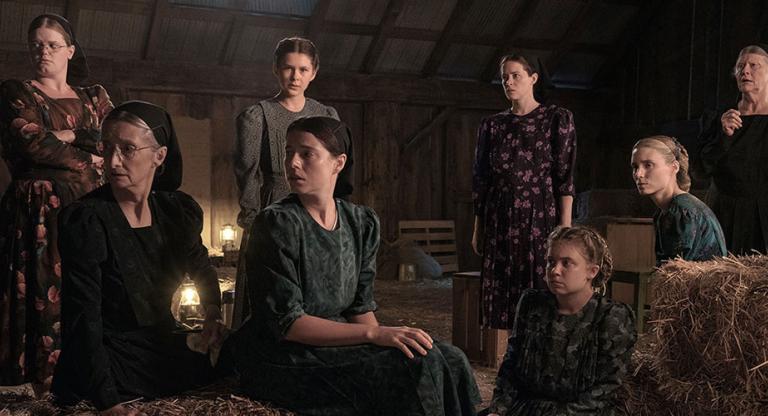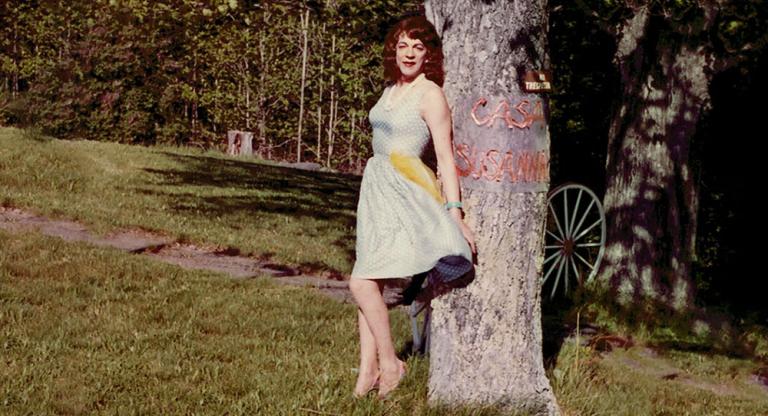Drawing from transcripts of the 2016 trial of a Senegal-born Frenchwoman who drowned her fifteen-month-old daughter and subsequently claimed in court that a spell had been put on her, Alice Diop’s Saint Omer (2022), like Bertrand Bonello’s Zombi Child (2019), treats the unaccountable power of witchcraft as a metaphor for the liminal sinkhole between the West and its former colonies.
Shooting extended witness-box monologues in single takes, framed with rigid symmetry, Diop presents viewers with the raw data of a Black woman’s actions, experiences, and emotions, to be processed, however adequately, by the French justice system. A complex portrait emerges of the accused, Laurence Coly (Guslagie Malanda), raised by her single mother to speak only French, never Wolof, but with a family background poorly matched to her lofty intellectual ambitions, and ultimately something of an invisible woman in France. She appears socially isolated, poorly understood and neglected by her white partner, lost when negotiating the education and healthcare system, and ensnared ever deeper in a web of false statements motivated by her embarrassed pride. (She claims to the trial judge that she believed herself, falsely, to possess a bachelor’s degree from the French university where she had been taking classes.) Surely enough, the cumulative effect of the many unbridgeable gaps between her aspiration and articulation—and of the bad choices she finds herself making out of simple ignorance or survival instinct—begins to feel like a curse. It might as well be.
The hypnotic rhythms of Diop’s scenes, and Saint Omer’s deeply lyrical conclusion, have the effect of transfiguring a woman’s humiliation, of “sublimat[ing] reality,” to borrow the words of an observer at the trial, Rama (Kayije Kagame), who says them in another context. Rama is a literature professor and an author; she says this during a lecture on Duras, in a classroom which Diop pointedly shoots in the same objective style as the courtroom, making it an equivalent space for one-way rhetorical traffic, this time with a Senegalese-French woman with long braids in the position of authority. Rama has attended Laurence’s trial because she thinks there may be a book in it, a modern-day Medea story (like Janet Malcolm’s “Iphigenia in Forest Hills,” another theory-rich modern myth found in the wilds of an immigrant community).
Rama is in a relationship with a white man, and pregnant with her own mixed-race child, which she hasn’t yet told her mother, for reasons that might be similar to those for the strained relationship between Laurence and her mother, and related to the quite sticky wicket of the intergenerational immigrant experience. As Laurence is based on the real-life Fabienne Kabou, Rama is based on Alice Diop, who observed the Kabou trial. Diop’s first fiction feature, Saint Omer, like her documentary We (2020), introduces the chimera of subjectivity to destabilize clearly structured and neatly theorized questions of status, identification, and genre. It even features turn-of-the-century home-movie mockups that deliberately resemble the previous film’s real camcorder footage of the Diop family.
Saint Omer is now showing at the Toronto International Film Festival. It will screen at the New York Film Festival in October.






